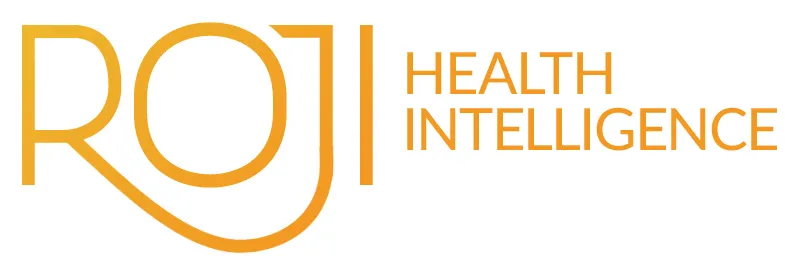“We chose to go to the moon” President John Kennedy’s statement instigated a monumental marshaling of resources to achieve a remarkable goal. Those famous words also established a powerful metaphor for aiming high. We need an equally monumental shift in purpose and commitment of resources for how we conduct clinical science. Nothing less than our […]
AI May Be the Future, But It’s Not (Yet) the Future of Clinical Research
Good medical practice depends on good clinical research. Without rigorous, replicable, reliable research findings, we cannot trust that our medical decisions are based on truth. To put it bluntly, flawed research leads to bad medicine. It’s essential that we get it right. In this series, I have argued for a more rigorous approach. The present […]
How the Stock Market Models a Path to Better Research.
The better clinical research is, the better medical care will be. It is so crucial to the future of best medical care that I have highlighted deficiencies of the present conduct of randomized trials (RTs) in previous articles to suggest ways to improve. A system of better research must accommodate studies on any intervention aimed […]
Here’s One Way to Do Better Science
Clinical research with randomized trials (RTs), as opposed to basic or bench research, is the science of comparison. RTs ask a fundamental question: Is “x” better than “y”? They do more than observe how treatments work; they also require methods that control the research environment. Finding an independent contribution of one action over another demands […]
If Not Now, It’s Too Late: More Clinical Science Pitfalls and a Path to Improvement
Let’s review three major vulnerabilities with how randomized trials (RTs) are conducted, as discussed so far in this series. Critically appraising a research study involves determining the “internal and external” validity. Internal validity deals with the conduct of the study, per se. External validity deals with whether the study’s findings can be generalized to others […]
If Not Now, It’s Too Late: Simple Randomization Can Lead to False Inferences About Treatment Decisions
Medical decisions are best made on the basis of clinical science. Accurate research, shared between physician and patient, enables the patient to make an informed choice about risks and outcomes of treatment options. That’s how it should work, in theory. But in practice, even with the best shared medical decision-making, far too much clinical research […]
If Not Now, It’s Too Late: Clinical Science Is Futile If We Study the Wrong Population
In 1936, the Literary Digest, a respected national magazine, undertook a public opinion poll. Who would win the race between Republican Alfred Landon, governor of Kansas, and Democratic incumbent Franklin D. Roosevelt? Mock ballots were mailed to 10 million Americans. About 2.4 million responded—one of the largest survey samples ever created. Their prediction? Landon would […]
If Not Now, It’s Too Late: Clinical Science Needs Fixing
In 1967, the year I graduated from high school, my family’s television required “rabbit ear” antennae with perched aluminum foil. Our farming family had little time to watch TV, but when we did, the ritual included a side trip to reset the antennae’s angle to ensure good reception. Today, I watch a clear picture on […]
Conflict of Interest in Medical Practice Is Hardwired: Unless We Acknowledge It, Nothing Will Change
In philosophy class, we were asked to choose which of two children falling out of a boat, unable to swim, should we save. Kant believed all people share the same moral equivalency, and a choice cannot be made to save one or the other based on morality. They must be treated the same. This question […]
Wise Patients Really Can Make Medical Decisions
“The numbers in this blog are hard to believe. Why is the medical profession recommending shingles vaccine? It is one thing to say that patients should be their own advocates. But why would medical professionals recommend a vaccine to their patient that has such a paltry risk/benefit outcome? After all, we go to doctors because […]










